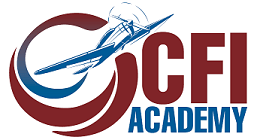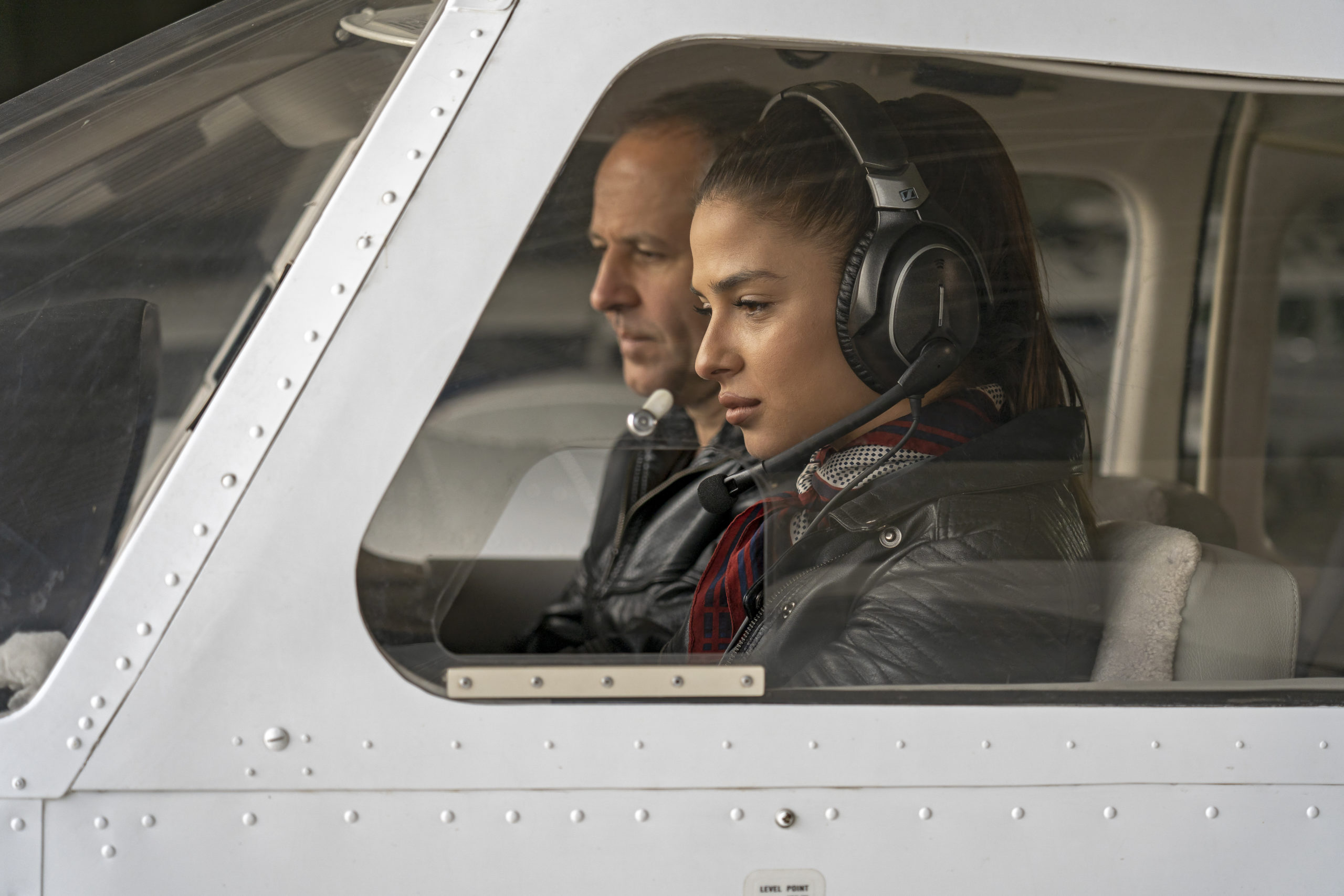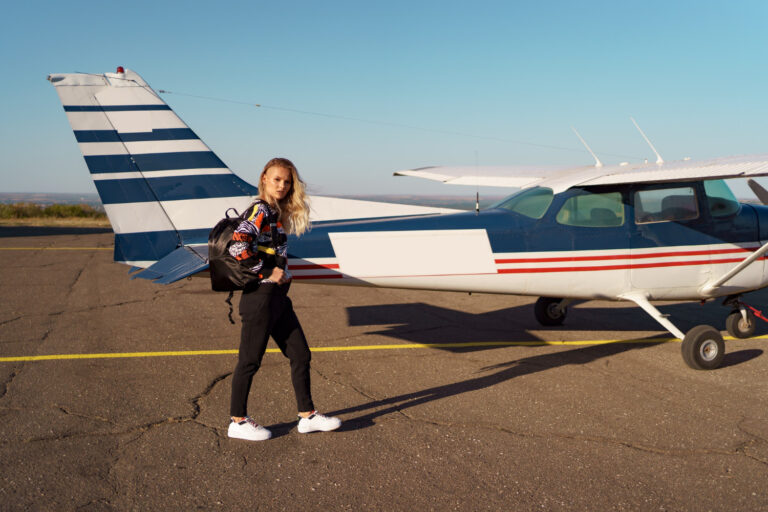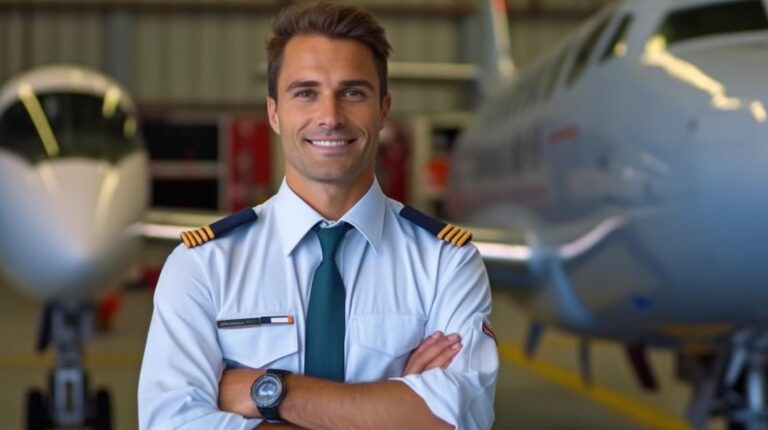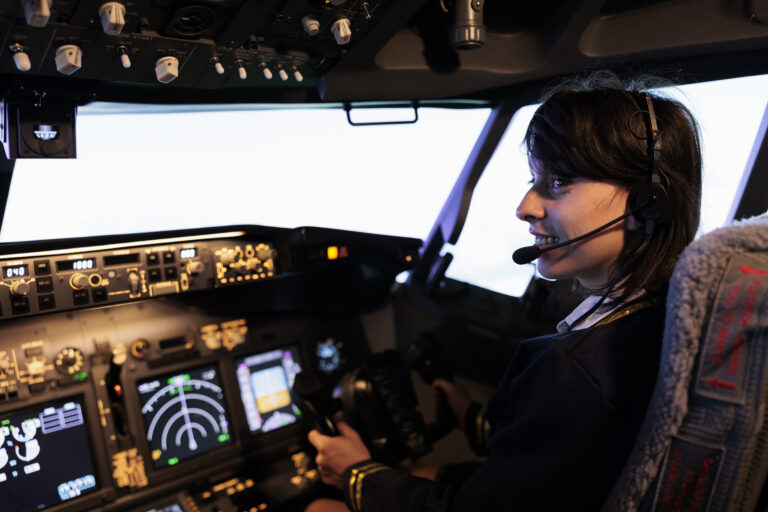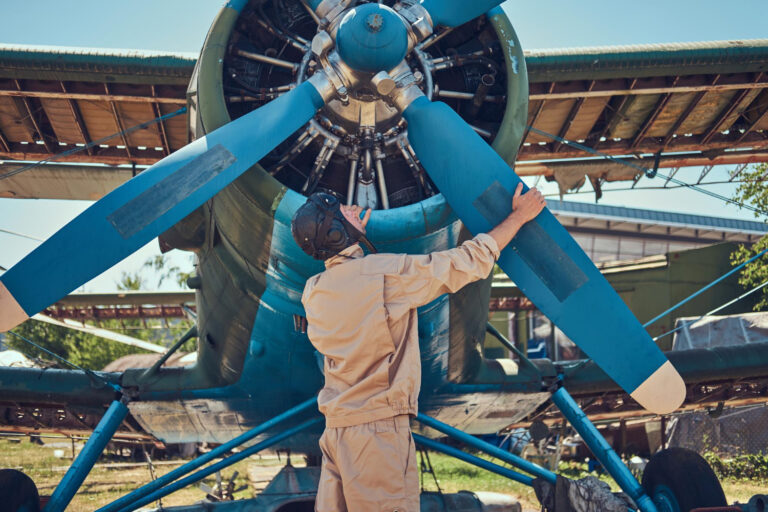Managing students in the cockpit
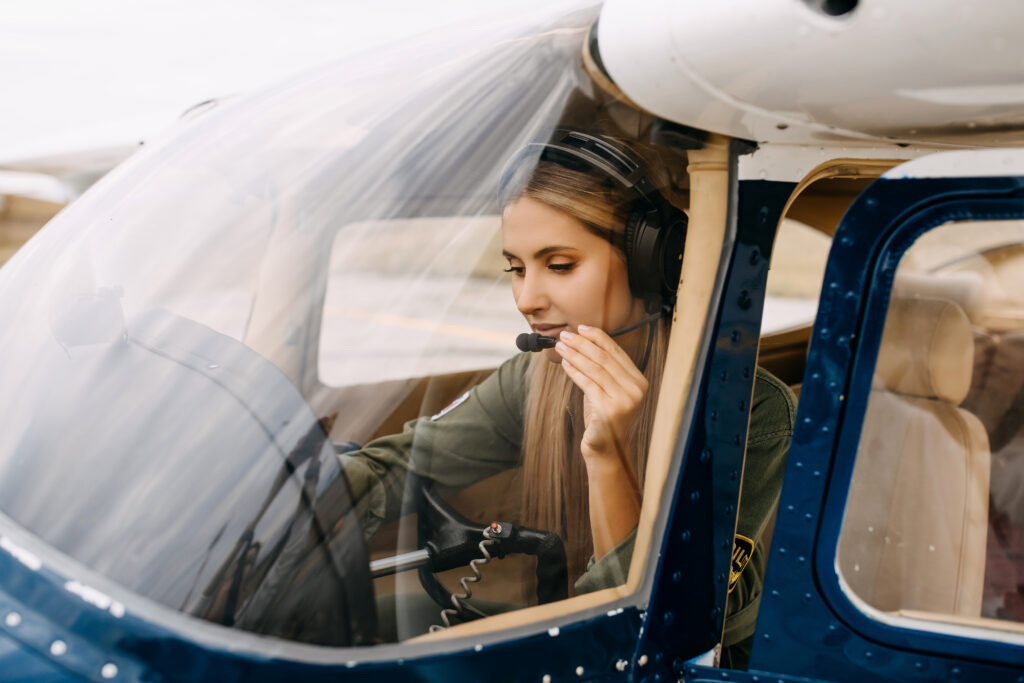
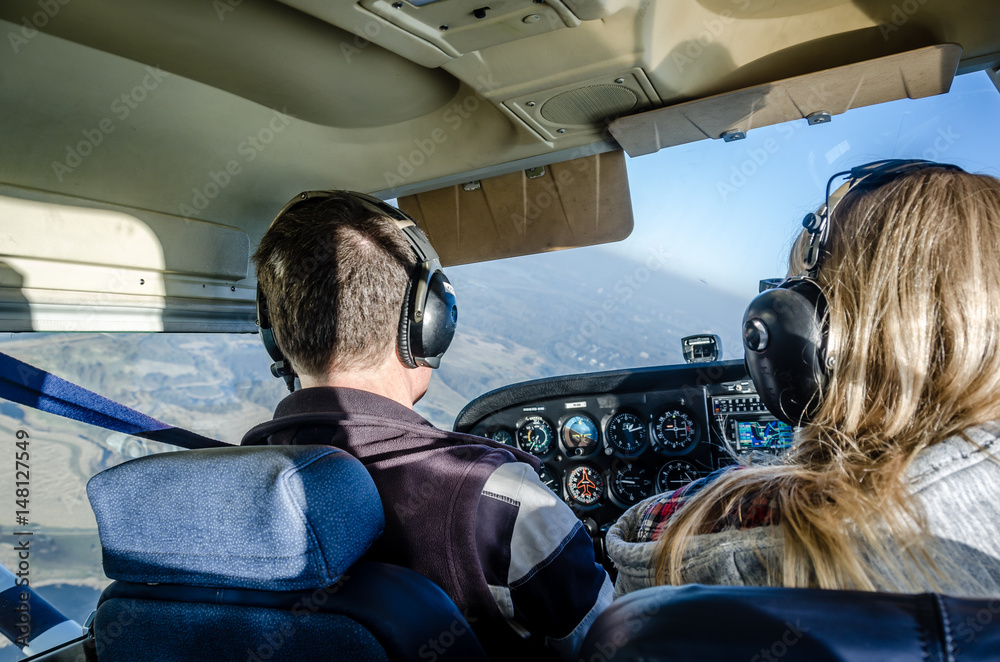
- Make sure students are paying attention.
- Make sure students are understanding.
- Manage time efficiently.
- Manage the aircraft efficiently.
- Manage the weather efficiently.
- Manage airspace efficiently (i.e., don't get into an airplane if you can't legally fly in it).
Instructing passengers to use the seatbelts and shoulder harnesses
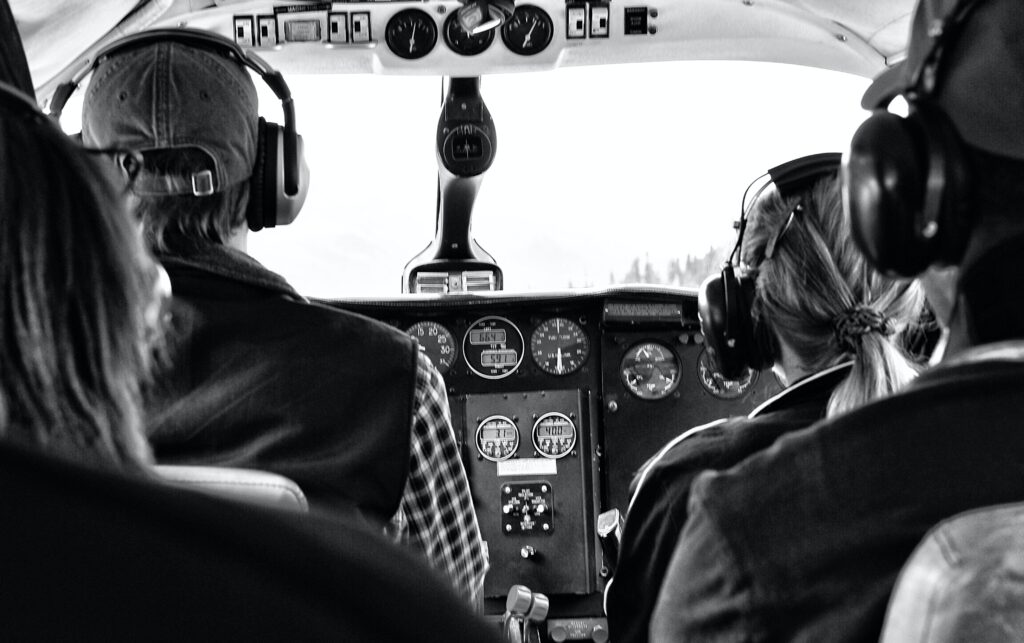
The safety briefing is an important part of the flight, and it’s your responsibility as a CFI to ensure that passengers understand their roles during takeoff, flight and landing.
The first thing you’ll want to do is instruct passengers on how to use their seatbelts and shoulder harnesses. Tell them where they should put their hands during takeoff and landing, as well as in case of turbulence or other emergency situations where an immediate exit may be required (e.g., “hands above head”). It’s also good practice for passengers not wearing oxygen masks at all times; this will help prevent panic if there’s ever an issue with cabin pressure during flight (i.e., “put on your own oxygen mask before helping others”). Finally, make sure everyone understands that unless instructed otherwise by crew members after takeoff or before landing–or if something goes wrong mid-air–they should stay seated until told otherwise.
Cooperating with the check airman and examiner
As a CFI, you will be required to cooperate with the check airman and examiner. The check airman visits your facility to observe your instruction, evaluate your performance, and determine whether or not you are qualified for renewal of your instructor rating. The examiner is responsible for administering practical tests and issuing flight instructor certificates.
The purpose of these individuals is to ensure that students receive safe training from instructors who are knowledgeable about their subject matter, able to teach others effectively, have good judgment when making decisions in emergency situations (or any situation), etc., so it’s important that you work well together with them! If something goes wrong during one of these visits–if there’s an incident on the ground or in-flight; if someone gets hurt; if someone doesn’t pass their checkride…you get the idea–it could affect how quickly they’ll renew your certificate next time around.
Teaching safety and security procedures
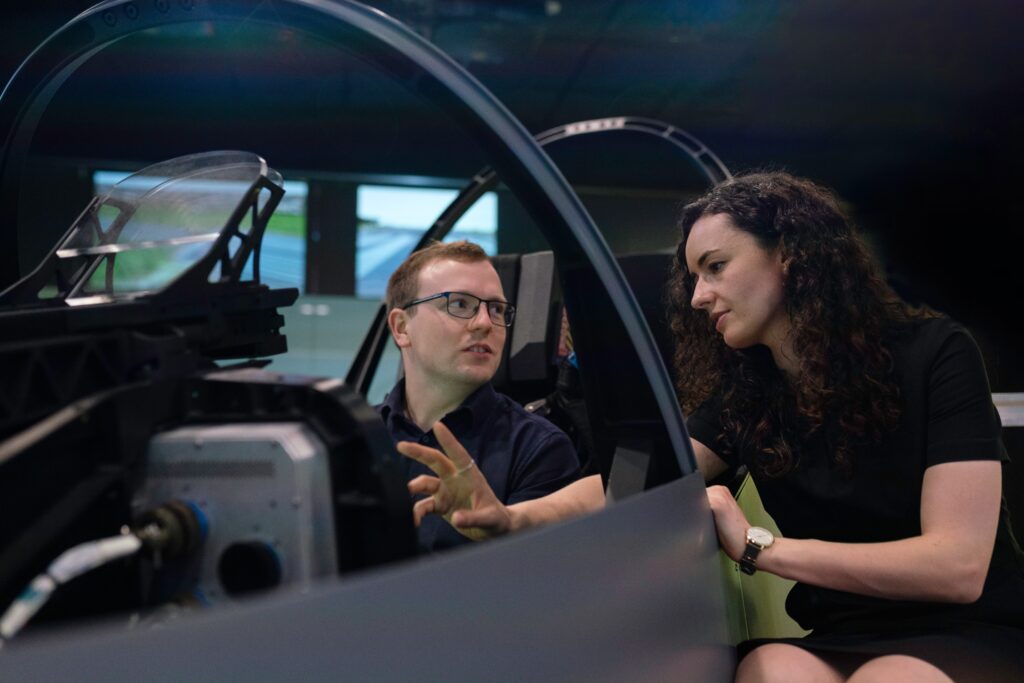
Safety and security procedures are important, and they must be taught to all students. This includes students of both the private and commercial level.
Safety and security procedures should also be taught to passengers who are flying in your aircraft. A common mistake that many instructors make is assuming that their passengers know how to handle themselves in an emergency situation because they have been flying with them for years or even decades. However, there is no way of knowing whether or not your passenger has been paying attention during those past flights or if this will be his/her first time on an airplane at all! It’s better to err on the side of caution when it comes to safety–and this means ensuring everyone knows what they need do in case something goes wrong mid-flight (which could happen at any moment).
As a flight instructor yourself, you should also make sure that both yourself and any other instructors under your tutelage have adequate knowledge about proper procedures so as not reveal any gaps in training if questioned by authorities later down the road.”
Handling training emergencies
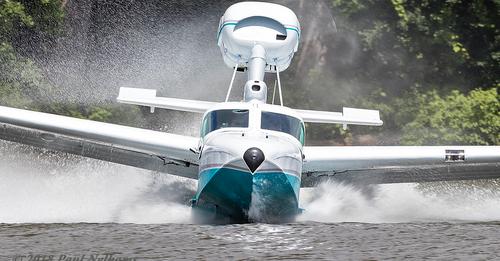
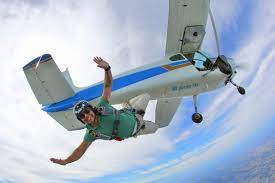
There are a variety of emergency situations that can occur during flight training. The CFI should be prepared for these and be able to handle them calmly and effectively. A good instructor will also be prepared for the unexpected, which can include anything from sudden weather changes to mechanical failures.
In order to prepare students for what might happen during flight training, it’s important that you take time before each lesson to talk about safety procedures and emergency procedures with them. This way, if something does go wrong in mid-air (which is rare), then they’ll know exactly what steps need completing in order to ensure their safety and get themselves safely back down on terra firma again!
To be a great instructor, you need to develop your skills as a communicator and educator as well as your technical knowledge.
To be a great instructor, you need to develop your skills as a communicator and educator as well as your technical knowledge. You must be able to teach others how to fly an airplane by clearly explaining the steps involved in each maneuver. This requires good verbal communication skills. The ability to communicate effectively is especially important when teaching students who may not have any previous experience with flying or aviation-related activities.
For example, if you are instructing a student on how to taxi down the runway, it’s important that they understand why they should keep their eyes on the horizon at all times instead of looking at their feet or focusing on other objects nearby (like buildings). If they don’t comprehend this concept early on in their training process, then they might struggle with it later down the line when performing more complex maneuvers like takeoffs or landings where there is more pressure underfoot due to higher speeds achieved during these phases compared with taxying onto/off from runways where speed limits typically aren’t enforced unless otherwise required by law enforcement officials such as police officers who might stop traffic around airports so no one gets hurt while trying out new things like piloting aircrafts!
Conclusion
The most important thing to remember is that teaching is a skill that takes time and practice to develop. Whether you’re just starting out or have been teaching for years, there are always new ways to improve your teaching abilities so that you can deliver the best possible experience for your students.
